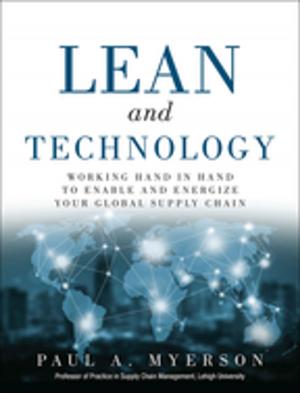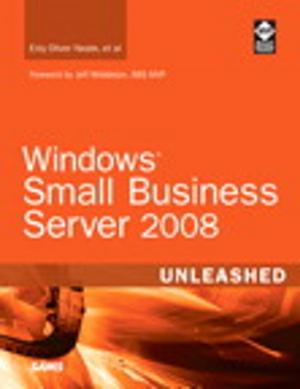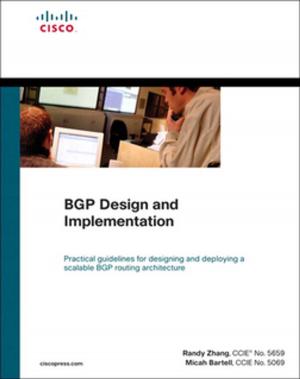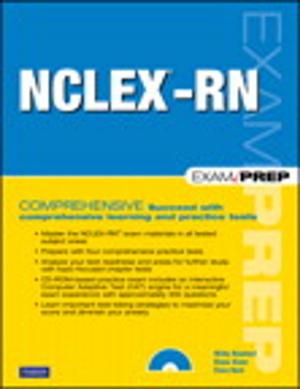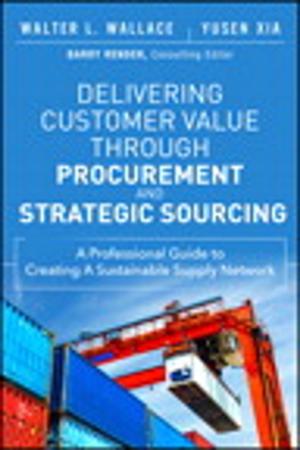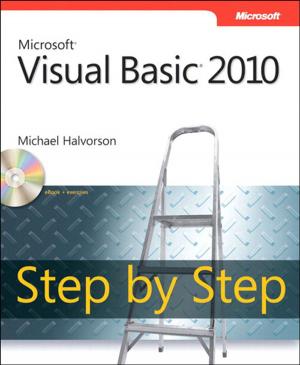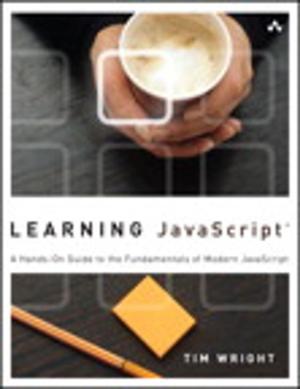Understanding Arbitrage
An Intuitive Approach to Financial Analysis
Business & Finance, Finance & Investing, Investments & Securities| Author: | Randall Billingsley | ISBN: | 9780132716000 |
| Publisher: | Pearson Education | Publication: | October 5, 2005 |
| Imprint: | FT Press | Language: | English |
| Author: | Randall Billingsley |
| ISBN: | 9780132716000 |
| Publisher: | Pearson Education |
| Publication: | October 5, 2005 |
| Imprint: | FT Press |
| Language: | English |
Arbitrage is central both to corporate risk management and to a wide range of investment strategies. Thousands of financial executives, managers, and sophisticated investors want to understand it, but most books on arbitrage are far too abstract and technical to serve their needs. Billingsley addresses this untapped market with the first accessible and realistic guide to the concepts and modern practice of arbitrage. It relies on intuition, not advanced math: readers will find basic algebra sufficient to understand it and begin using its methods. The author starts with a lucid introduction to the fundamentals of arbitrage, including the Laws of One Price and One Expected Return. Using realistic examples, he shows how to identify assets and portfolios ripe for exploitation: mispriced commodities, securities, misvalued currencies; interest rate differences; and more. You'll learn how to establish relative prices between underlying stock, puts, calls, and 'riskless' securities like Treasury bills -- and how these techniques support derivatives pricing and hedging. Billingsley then illuminates options pricing, the heart of modern risk management and financial engineering. He concludes with an accessible introduction to the Nobel-winning Modigliani-Miller theory, and its use in analyzing capital structure.
Arbitrage is central both to corporate risk management and to a wide range of investment strategies. Thousands of financial executives, managers, and sophisticated investors want to understand it, but most books on arbitrage are far too abstract and technical to serve their needs. Billingsley addresses this untapped market with the first accessible and realistic guide to the concepts and modern practice of arbitrage. It relies on intuition, not advanced math: readers will find basic algebra sufficient to understand it and begin using its methods. The author starts with a lucid introduction to the fundamentals of arbitrage, including the Laws of One Price and One Expected Return. Using realistic examples, he shows how to identify assets and portfolios ripe for exploitation: mispriced commodities, securities, misvalued currencies; interest rate differences; and more. You'll learn how to establish relative prices between underlying stock, puts, calls, and 'riskless' securities like Treasury bills -- and how these techniques support derivatives pricing and hedging. Billingsley then illuminates options pricing, the heart of modern risk management and financial engineering. He concludes with an accessible introduction to the Nobel-winning Modigliani-Miller theory, and its use in analyzing capital structure.

